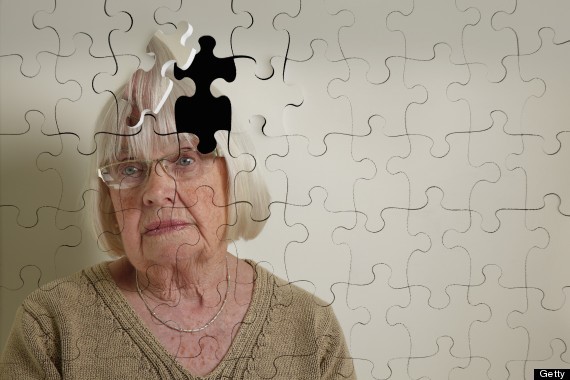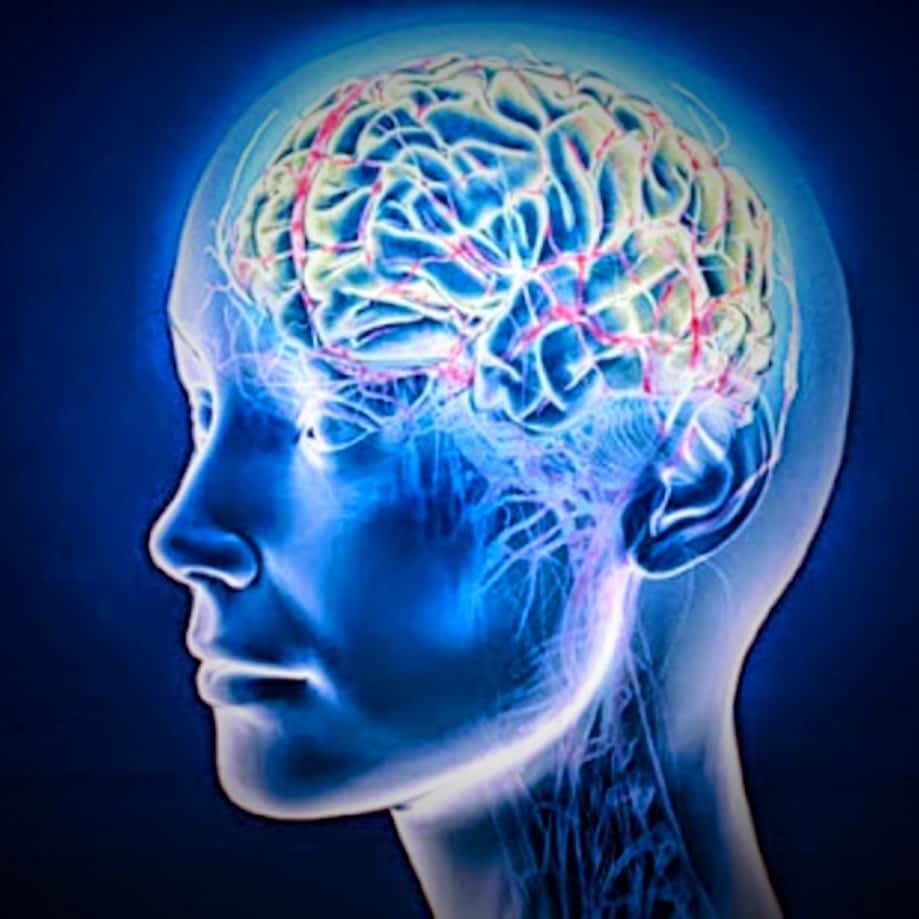Dementia and Communication
Dementia is a disease that gets worse over time and impacts a person’s ability to remember and understand the facts of day-to-day living, such as names, dates and places.
Dementia gradually affects the way people communicate. Their ability to form rational ideas and reason will change.
If you are looking after a person with dementia, you may find that as the disease progresses you will need to initiate discussions to get them to make conversation. This is common. Their ability to process information is weakened and their response could be delayed.

Encouraging a person with dementia to communicate
Try to start a conversation with the person you are looking after, especially if you see that they are starting conversations much less. It can help to:
speak clearly and slowly, using short sentences
make eye contact with people when they are talking or asking questions
give them time to respond, because they may feel stressed if you try to speed up their response
encourage them to join in conversation with other people
let them speak for themselves during the discussion on issues of welfare or health
try not to patronize them, or mock what they say
acknowledge what they say, even if they do not answer your question, or what they say seems out of context – showing that you’ve heard them and encourage them to say more about their answers
give them a simple choice – avoid creating complicated options or choices for them
use other means to communicate – like repeating the question because they could not answer in the way they used to. For more information about a Dementia Care Home Bridgwater, visit a site like https://www.notarohomes.co.uk/care-home/casa-di-lusso-dementia-nursing-care-home-bridgwater/

Communicate through body language and physical contact
Communication is not just talk but includes body movement, gesturing and facial expressions which all send out signals and assist in getting a message across. When people with dementia find it hard to communicate, both your body language and theirs becomes significant.
When someone finds it hard to talk or comprehend:
Stay as patient as possible and remain calm, which will allow people to communicate and feel more relaxed
maintain a positive tone of voice and be friendly
Keep a respectful distance when communicating which avoids making them feel intimidated – making sure you are at the same height or slightly lower
pat or hold someone’s hand while talking to them to help reassure them and make you feel closer to them – watch their body language and listen to what they say to see if they feel comfortable with you doing this
It’s important that you encourage people to communicate what they want, when they can. Remember, we all get frustrated when we cannot communicate effectively, or get misunderstood.
Listen to and understand a person with dementia
Communication is a two way process. As a caregiver of someone with dementia, you may have to learn to “listen” more carefully and learn more about active listening techniques. It also becomes more important to have an awareness of non-verbal messages including both body language and facial expressions.


